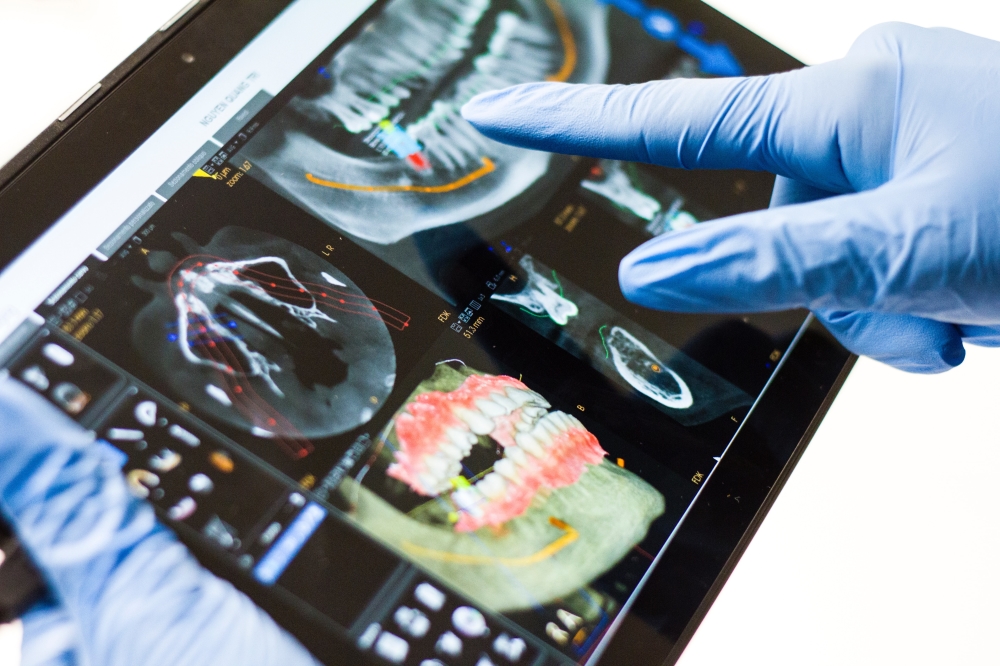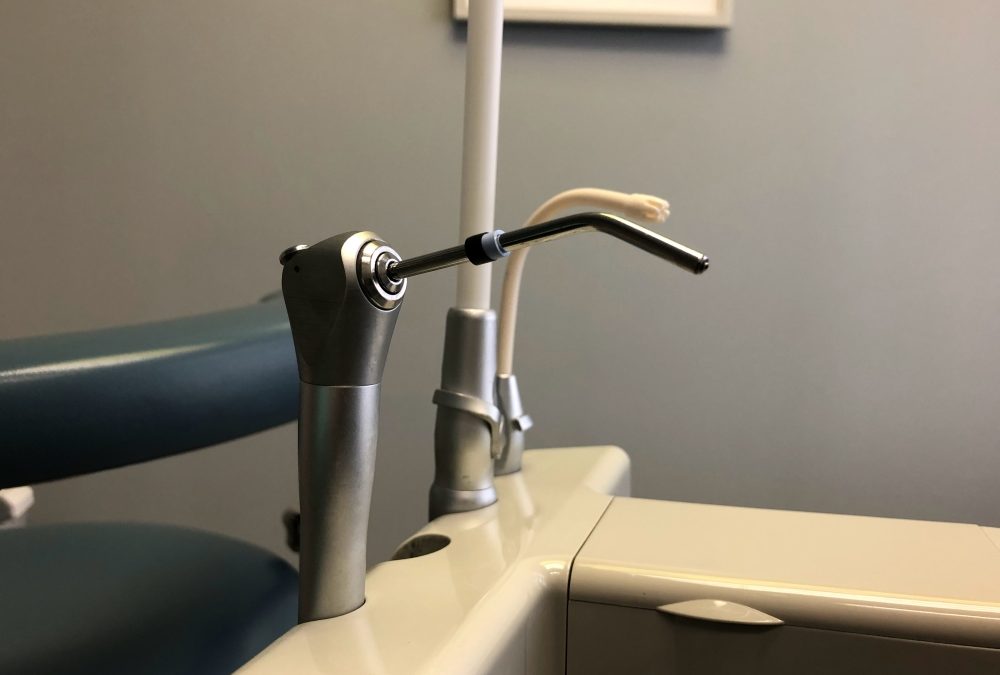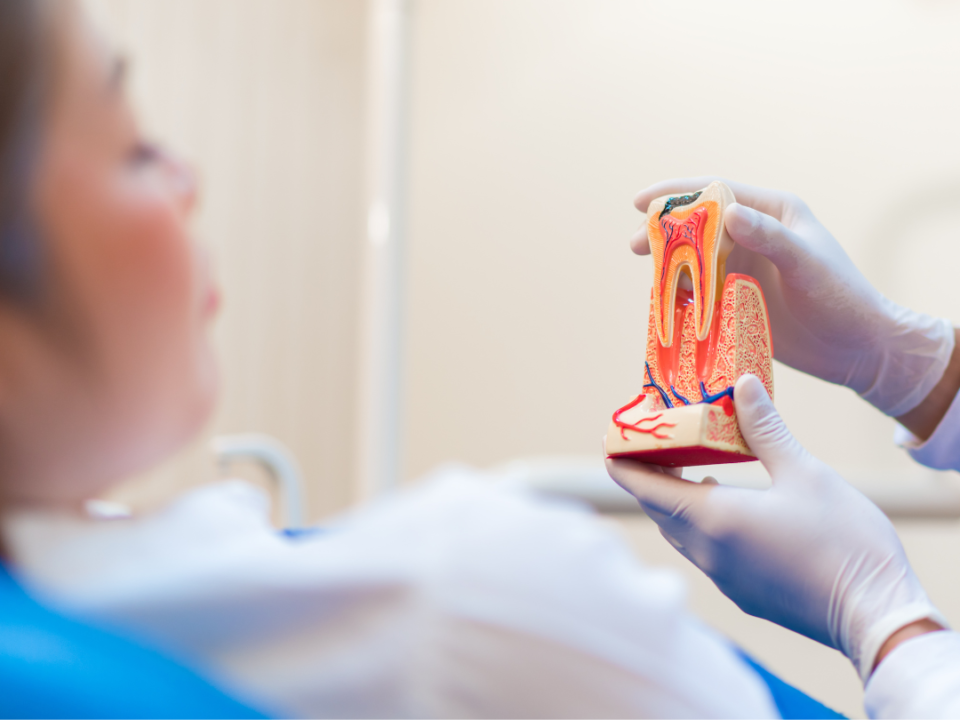
Select the Best Endodontic Consultation and Understand your Dental Insurance
July 28, 2021
Can a Root Canal Fail?
August 30, 2021
Select the Best Endodontic Consultation and Understand your Dental Insurance
July 28, 2021
Can a Root Canal Fail?
August 30, 2021One of the biggest myths surrounding endodontic care is the amount of pain that occurs. In fact, a common concern our patients have at Innovative Endodontics is, “Do root canals hurt?” Sadly, some people never get to us for treatment because they assume they know the answer to the question. The good news is that we are working to change the reputation of root canals by showing our patients how these necessary treatments don’t have to be as painful as they expect.
Why Root Canals Have a Bad Reputation
Root canals have a bad reputation of being painful comes from the discomfort patients feel in their affected tooth before needing root canal treatment. Treatment methods in decades past were less precise than those used today. Therefore, the chances back then of complications resulting in continued pain were higher than now.
Thankfully, with surgical microscopes and better tools, endodontists can reduce complications from root canal treatments. Plus, preventing infection is a priority today for root canal treatment, which prevents pain and the need for retreatment later. Additionally, endodontists have extra training in pain management than dentists to ensure the patient’s comfort throughout the process.
Do Root Canals Hurt?
Pain is a subjective concept. Some people have greater sensitivity to pain than others. However, almost all patients will report some type of discomfort in their tooth PRIOR to getting root canal treatment. The good news for these patients is that root canal therapy will remove the source of their discomfort by taking out the infected or inflamed pulp from the tooth. So, rather than causing more pain, root canal treatment eases it!
The actual process of a root canal does not cause pain or discomfort. The endodontist will make certain that the patient is fully anesthetized in the area before starting. In fact, if you feel concerned about pain or discomfort before the procedure, let the endodontist know. They can take steps to help you to feel more at ease during the procedure as well as explain each step of the process.
Following the root canal treatment, patients can expect some discomfort. However, the post-operative soreness is similar to that experienced after a dental filling and only lasts for a few days.
Why You Have Pain Before a Root Canal
Pain before a root canal comes from inflammation inside the tooth. This internal swelling causes pain and pressure by impacting the tooth’s nerve. When anything contacts the sensitive nerve in a tooth, you feel discomfort. Decay creates a hole in your tooth, allowing air, food, heat, and cold to access the nerves inside. Therefore, you feel pain and sensitivity in your tooth before getting root canal treatment. So if you are concerned about do root canals hurt, the answer is yes, a bit!
If bacteria get into the inside of the tooth from decay, a deep filling, or a crack, an infection can develop. Root canal treatment prevents and treats infections that lead to pain and severe complications. If you delay a root canal due to anxiety or fear, the tooth could become infected, eventually causing it to die and possibly require extraction. Root canal treatment stops your current pain and saves your tooth.
Root canal treatment stops the pain by getting the inflamed pulp, affected nerves, and the bacteria that caused the problem out from the tooth’s interior. By gently removing the painfully stimulated nerves and inflamed material from inside the tooth, you no longer feel pain after the site heals from the procedure.
Pain relief after a root canal can often be immediate. Some symptoms subside immediately while others take a little more time to heal. Regardless, the soreness after treatment will be very minimal compared to the symptoms that brought you in for treatment. However, you should feel almost no pain after a week aside from some minor tooth sensitivity. If you are concerned about any symptoms after treatment, let your endodontist know.
How Endodontists Mitigate Root Canal Pain
Endodontists spend an extra two years after getting their dental degrees to learn about treating the inside portions of teeth. Plus, they spend time learning more about advanced anesthesia or numbing techniques and pain management.
Therefore, endodontics are trained to work safely and gently within the tooth without causing the patient pain or discomfort. Endodontists learn more about the right numbing agents to use and how to keep their patients relaxed during the procedures.
Endodontists also mitigate pain by being as precise as possible with their treatments. The introduction of x-rays and 3-dimensional imaging technology changed the way that endodontists approached root canals. Now, they don’t have to guess what the inside of a patient’s tooth looks like. This imaging shows the endodontist the exact anatomy of the tooth including how many canals are in the tooth as well as the shape and length of each canal.
Surgical microscopes also give endodontists a better view of the area inside the tooth where they work. Therefore, the doctors work as precisely as possible, providing efficient and minimally invasive treatment.
Pain Management After a Root Canal
Following root canal treatment, many patients may have some minor discomfort. Rest assured that this mild pain is normal and will resolve. Most people can control their pain with over-the-counter analgesics, such as ibuprofen and acetaminophen. Because these medications work in different ways to ease pain, you can take them together.
Dr. Estes recommends a regimen for pain management after root canal treatment or other endodontic procedures that start conservatively with 600 mg of ibuprofen four times a day or every six hours. Only take this much for the first two days after the procedure to avoid stomach irritation. You should not need this level of medication after that.
However, those who need a little boost in easing their pain can add 500 mg of acetaminophen to each dose of ibuprofen taken. You may also want to add up to 100 mg of caffeine – about the amount in a small cup of coffee – twice a day to increase the effectiveness of the medicine.
If you have swelling or serious pain that does not decrease with ibuprofen and acetaminophen, contact the endodontist at once.
Reach Out to Innovative Endodontics to Have Your Mind Changed About Root Canals
If you have pain or discomfort in a tooth or a dentist has referred you for a root canal, contact us at Innovative Endodontics. We serve patients throughout the North Charleston, SC, area who want quality endodontic treatment from a comforting staff. With our equipment and methods, we change what patients think of root canal treatments. Don’t put off your root canal any longer. Do not worry about do root canals hurt Find out that it does not have to be a painful experience and we will save your tooth.




